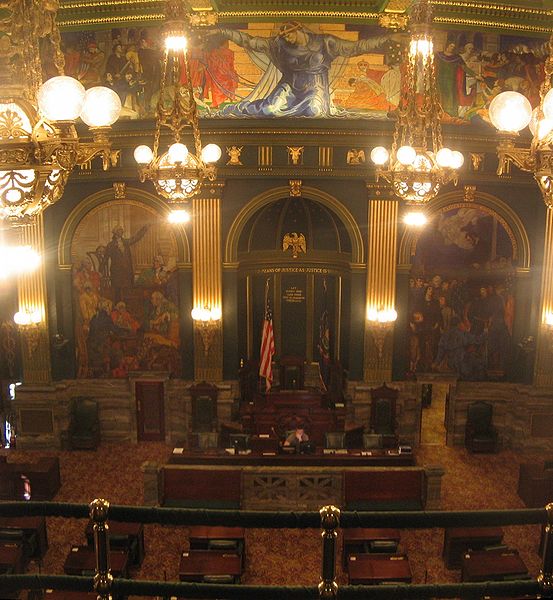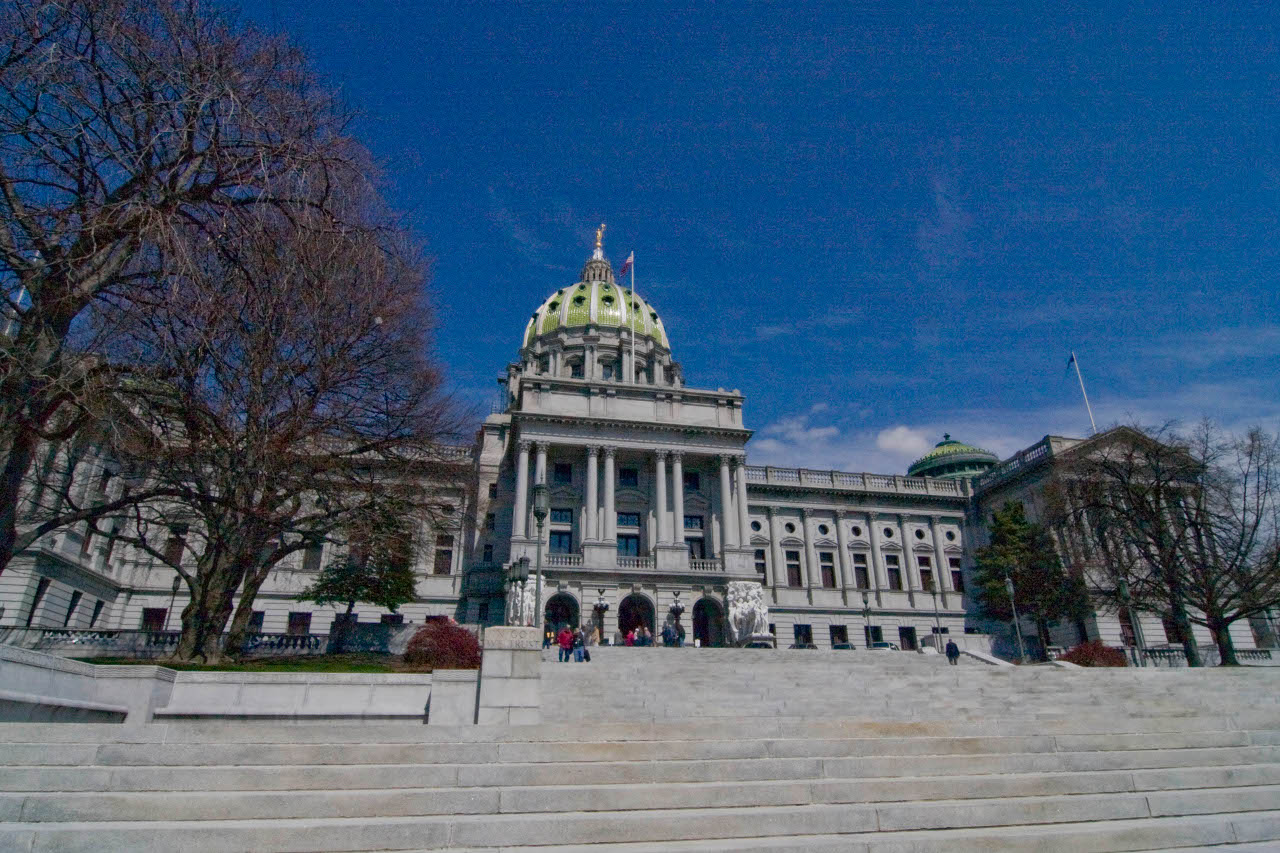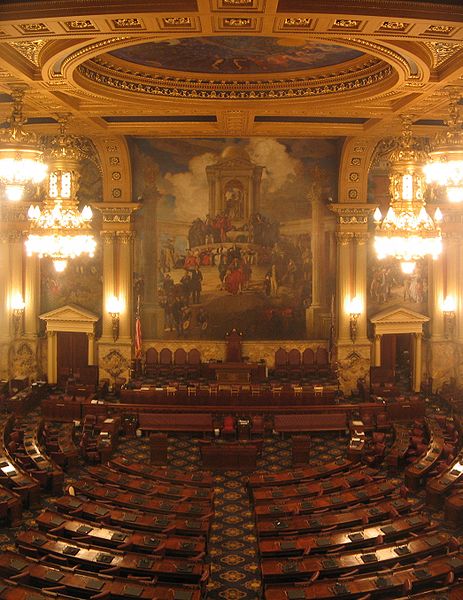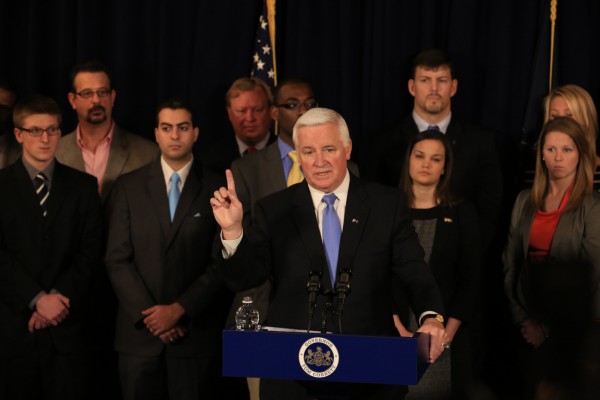Under the (Capitol) Dome
The wheeling and dealing continues this weekend as House and Senate leadership try to get on the same page with each other and the governor’s office in setting up the new state budget and tackling other issues such as liquor sales expansion and transportation funding.
Pension reform may be the odd issue out when the dust settles from this busy weekend in Harrisburg, but it’s an issue that can be picked up again when lawmakers return from the summer recess in September. As the weekend dragged on, it was becoming evident that the House and Senate were tying the alcohol and transportation issues together in a give and take deal to bring both to successful votes.
The latest liquor plan would not be as extensive as the outline Governor Tom Corbett delivered to lawmakers back in February, but it would expand sales of wine and spirits to venues beyond the traditional state store, including restaurants, beer distributors, convenience stores and supermarkets.
Still, Senators seemed poised to only send the liquor plan to the state House if House members in return send a transportation bill back their way. As the budget deadline countdown nears the 24-hour mark, it’s still unclear if there will be anything but a state budget coming out of all the weekend trade-offs and posturing.
Speaking of the budget, a spending plan just over $28.3 billion for Fiscal Year 2014 is taking shape, and it could include $122 million more for public education. That’s more than originally proposed by the Governor or the state House of Representatives, which passed its budget plan earlier this month.
The budget deadline is midnight Sunday night.









